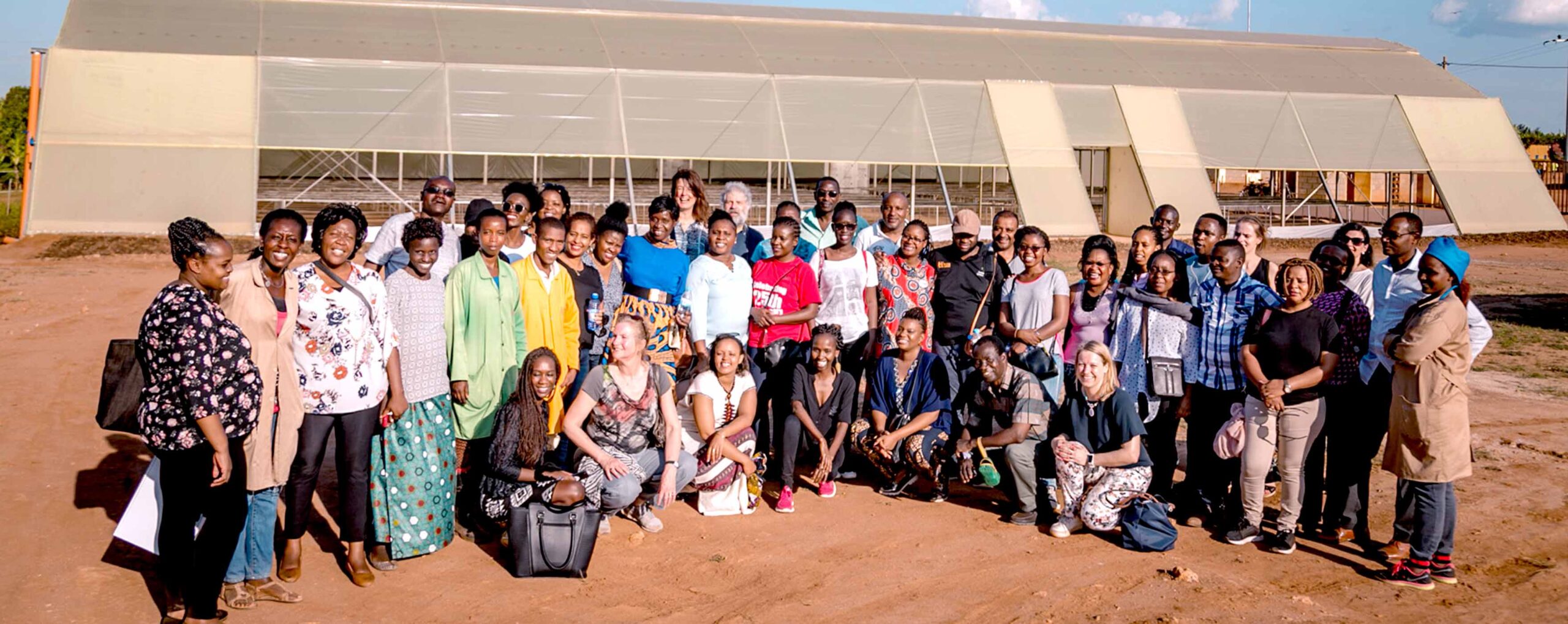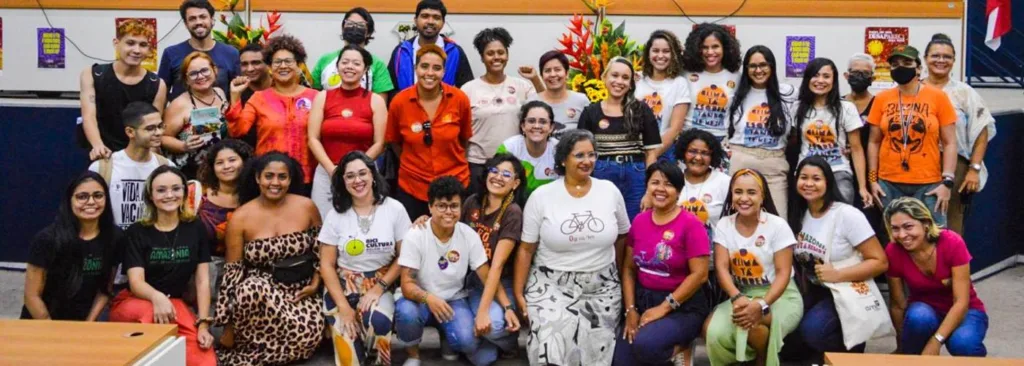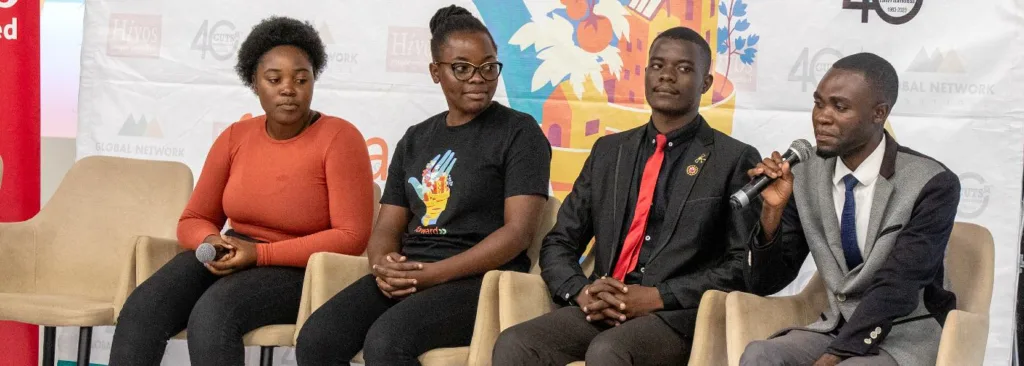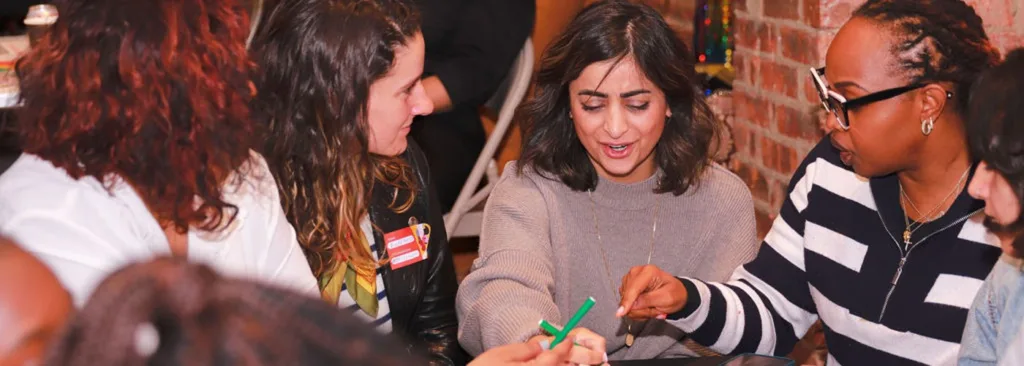By Jaimee Kokonya
The Women@Work Campaign (W@W) held its annual partners meeting at the end of February in Kigali, Rwanda. When I was first asked to attend the week-long meeting, I was excited for many reasons. First, I had heard so much about this beautiful city with its tragic and brave history; second, I would get to meet Dr. Sylvia Tamale, whom I came to know through her laudable body of work on human rights, feminism and LGBTQ+ rights; and lastly, I would be meeting all the Southern and East African W@W partners for the very first time.
On the first day of the meeting Dr. Tamale, a professor at the Makerere University in Kampala Uganda, gave us a thought-provoking presentation on feminism, power and patriarchy and how these three things factor into the work that we do with women in flower farms. Without patriarchy, the devaluing of women’s labour would not exist and without capitalism the exploitation of this labour for little or no compensation too would be nonexistent.
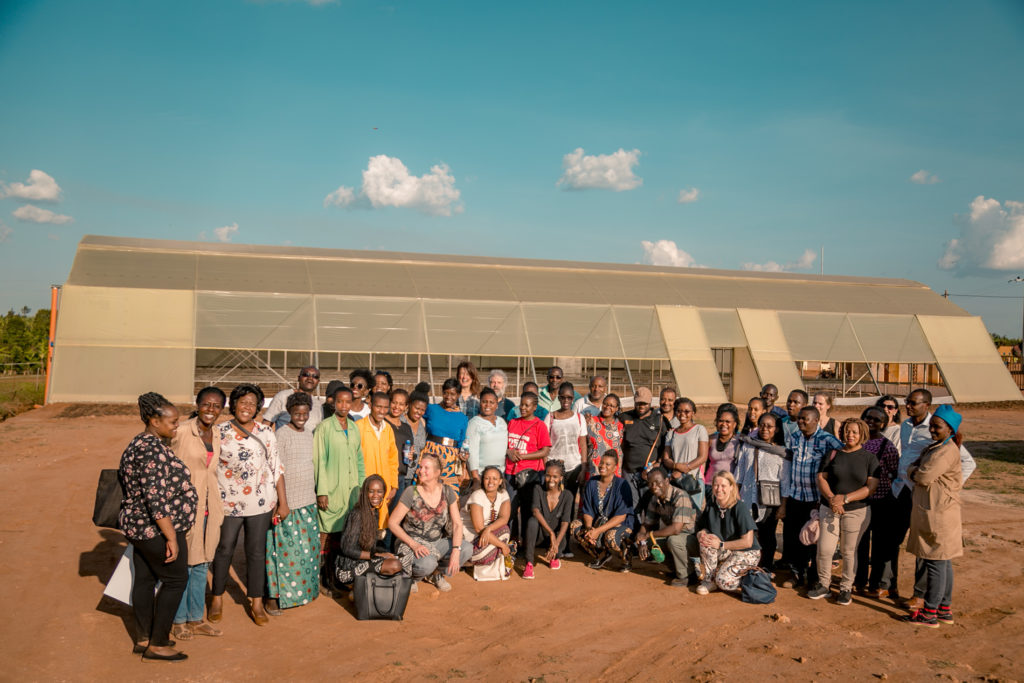
Patriarchy and oppression of women
Dr. Tamale states that feminism is the recognition of patriarchy as a means of suppression of women: “Patriarchy is one cog in the wheel of the different existing and intersecting oppression’s such as capitalism, homophobia and racism, all working in tandem to crush us all into submission or nothingness.
“To identify as a feminist requires the action of working to dismantle patriarchy. These actions will not be met with open arms, as we have seen with feminists such as Dr. Stella Nyanzi, a Ugandan scholar and activists who has been imprisoned for her vocal activism against the incumbent President’s rule.”
During one of the group exercises in which we were tasked to identify the pros and cons of female and male leadership, one of my group members Caroline Wildeman (W@W Global Campaign Manager, Hivos) posed a pertinent question with regards to male leadership: “Are these male leadership qualities – aggressiveness, lack of emotion, arrogance- the qualities we want to emulate just because they have been the standard? Or do we want something different altogether?” This stuck with me, and I pondered this and the approach taken by most CSOs doing women empowerment work. This also struck me again during the International Women’s Day #BalanceForBetter. Perhaps this is where a lot of us doing the work have gone wrong: trying to create a balance with patriarchal standards in a patriarchal society for not just women but people of all genders, instead of dismantling this standard to create a new one that is inclusive of all our realities.
 Photo: Leonard Faustel
Photo: Leonard FaustelWhat is feminism?
In my opinion, I think this stems from the lack of understanding about feminism. There is this perception that feminism is just the opposite of patriarchy and thus we need to make room for both. Ophelia Kemigisha, a Ugandan human rights lawyer and feminist captured this aptly in her Twitter thread about the book “Feminism is for Everybody” by Bell Hooks. Ophelia says: “As a radical feminist, I know that the problem is patriarchy. And so I do not aspire to be equal to men, but rather to dismantle the system that keeps me, and other womxn oppressed, even if our oppression does not look the same.” And further: “We must be careful to ensure that our struggle is indeed to dismantle patriarchy not to get a share of the patriarchal power.”
It is my assertion that, whereas there is a need to ensure that women have equal opportunities to men and are not sidelined based on their gender, there is also need to recognize that these opportunities were granted within the boys’ club of patriarchy. Hence we should not strive to have equal opportunity and access to this boys’ club, but destroy it all together so that there are opportunities for us all and not just those who assimilate to the patriarchy. As Dr. Tamale posits, “For there to be balance, there has to be access; which, depending on your class, sexual orientation, gender identity, race or disability can be hard to acquire.”
As Ophelia says, the access of a few classed women to power is not an indicator of equality. The work needs to focus on the margins. This is why the Women@Work Campaign is important. It creates a safe space for women working in flower farms to work free from sexual harassment, in good working conditions and with a living wage to supplement their daily needs, while encouraging their empowerment from within, which is so vital to their self-actualization.
As she ended the session Dr Tamale tasked us. “As feminists of all genders with access to power and means to create change, it is our duty to use this privilege to work for the freedom of those at the margins. Let us not strive to assimilate to patriarchy but instead to subvert it and actualize freedom for all us all.”

